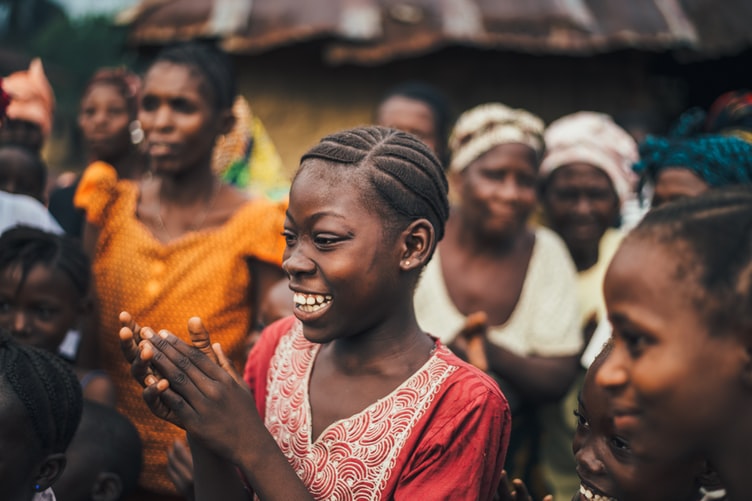Deadline: 5-Aug-20
The African Economic Research Consortium (AERC) collaborative research program addresses topical policy relevant issues and brings together seasoned researchers from both Africa and elsewhere to generate policy-oriented research.
Research collaboration enables researchers to tackle complex yet contemporary research issues with a bearing on policy making in Africa that otherwise could not be adequately addressed by one or a few researchers and leverages diverse skills of researchers to deliver high quality research outputs.
African Economic Research Consortium (AERC), established in 1988, is a public not-for-profit organization devoted to the advancement of economic policy research and training in sub-Saharan Africa (SSA). AERC’s mission is to strengthen local capacity for independent, rigorous inquiry into problems pertinent to the management of African economies, through synergetic programs combining economic research with postgraduate training in economics.
The research will focus on, but not limited to the following themes:
- Inclusive finance as driver of growth and inequality.
- Interface between financial inclusion, economic growth and poverty reduction.
- The financial system and the flow of funds
- Financial Liberalisation
- Financial regionalization
- Microfinance and financial inclusion
- Finance for SMEs
- Finance and technology
- Finance and corporate governance
- Stock market development
- Banking sector development
- Financial regulation (banking and stock markets)
- Women empowerment, youth and financial inclusion.
- Remittance flows to post-conflict states.
- Health benefits of financial inclusion
- The role of education and financial inclusion in post-conflict states
Funding Information
- Budget: Estimated expenditure by major line items, e.g., research assistance; travel; computer time; secretarial support; honorarium etc. Total budget should not exceed US$15,000.
- Work Programme and Timeline: A brief description of the activities and timeline needed for each activity. Total duration of the study should not exceed 12 months
Criteria
- This Call is for Proposals to undertake research and country case studies on the growth-poverty inequality-redistribution relationships in Africa.
- The research may relate to cross-national and/regional studies seeking to develop and/or apply analytical methodologies on the issue under investigation whilst country case studies will seek to deepen understanding of the role of inclusive finance in economic growth and development in Africa’s fragile and post-conflict settings/situations by paying greater attention to nuances in the specific countries (or group of countries).
- Under this project, AERC will commission 10-15 studies leading to quality policy research and analytical papers.
- The project prioritizes studies on the following countries: Angola, Burkina Faso, Burundi, Chad, Central African Republic, Congo, Democratic Republic of Congo (DRC), Eritrea, Gambia, Guinea, , Guinea Bissau, Lesotho, Liberia, Madagascar, Mali, Mozambique, Sierra Leone, Somalia, South Sudan, Swaziland/Eswatini, Togo
Proposal Requirements
Each proposal, not to exceed 15 pages, should include the following:
- Objective (s): A brief statement of the specific objectives of the study and country(ies) of focus.
- Methodology and Data: In addition to the usual statement detailing how the research objectives are to be achieved, researchers intending to investigate specific issue(s) drawing on country data must demonstrate availability and access to the requisite data required for the study
- Expected Outputs: A high quality, policy relevant and publishable research paper to be approved by independent peer reviewers. A policy brief of no more than 5 pages should also be produced.
- Statement of Qualification and Current CV(s) for each author (include in the CV: nationality, gender, and full contact details). Women are particularly encouraged to apply
For more information, visit https://aercafrica.org/wp-content/uploads/2020/07/AERC-Call-for-Research-Proposals-Collaborative-Project-on-Inclusive-Finance-in-Fragile-Contexts-in-Africa.pdf
